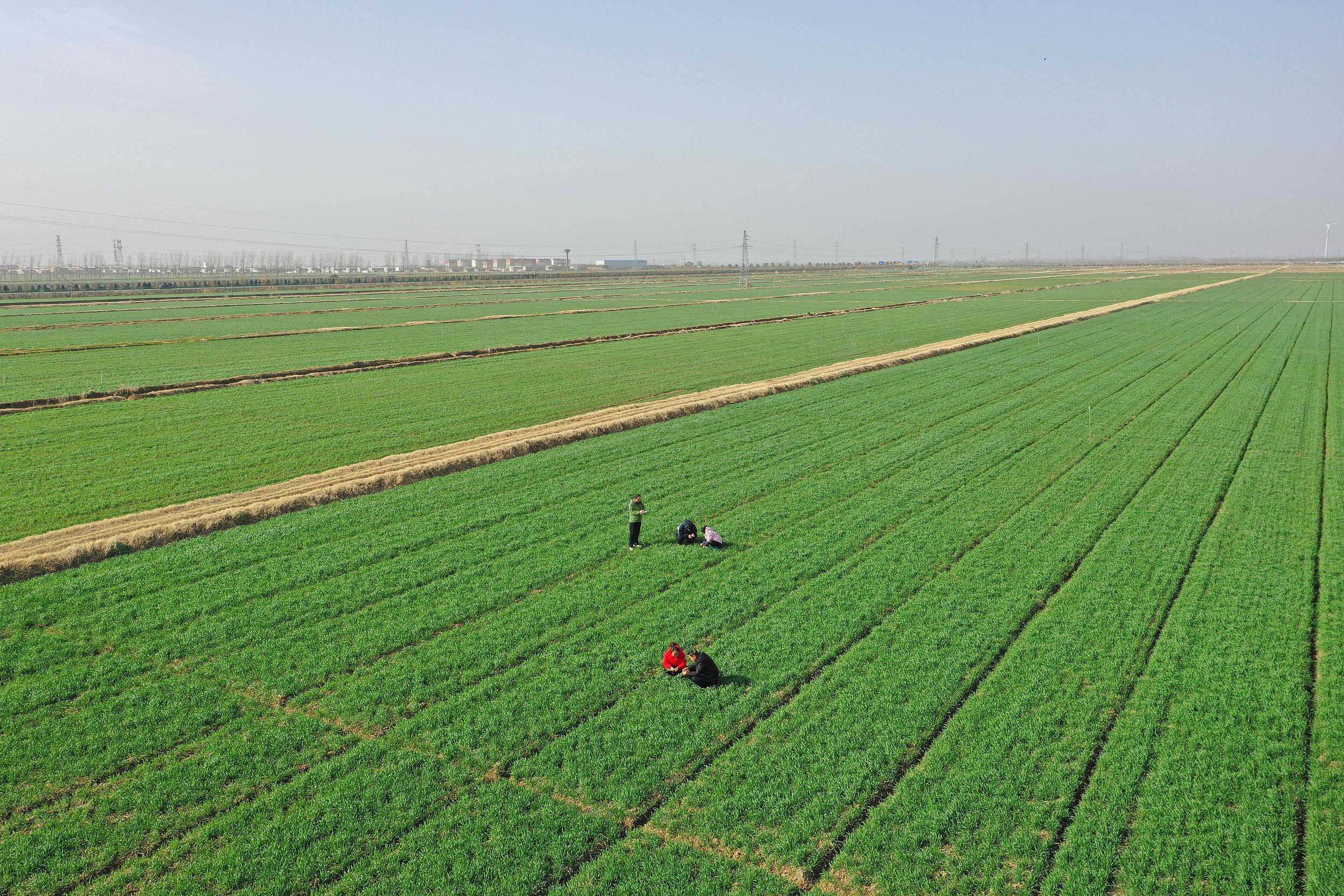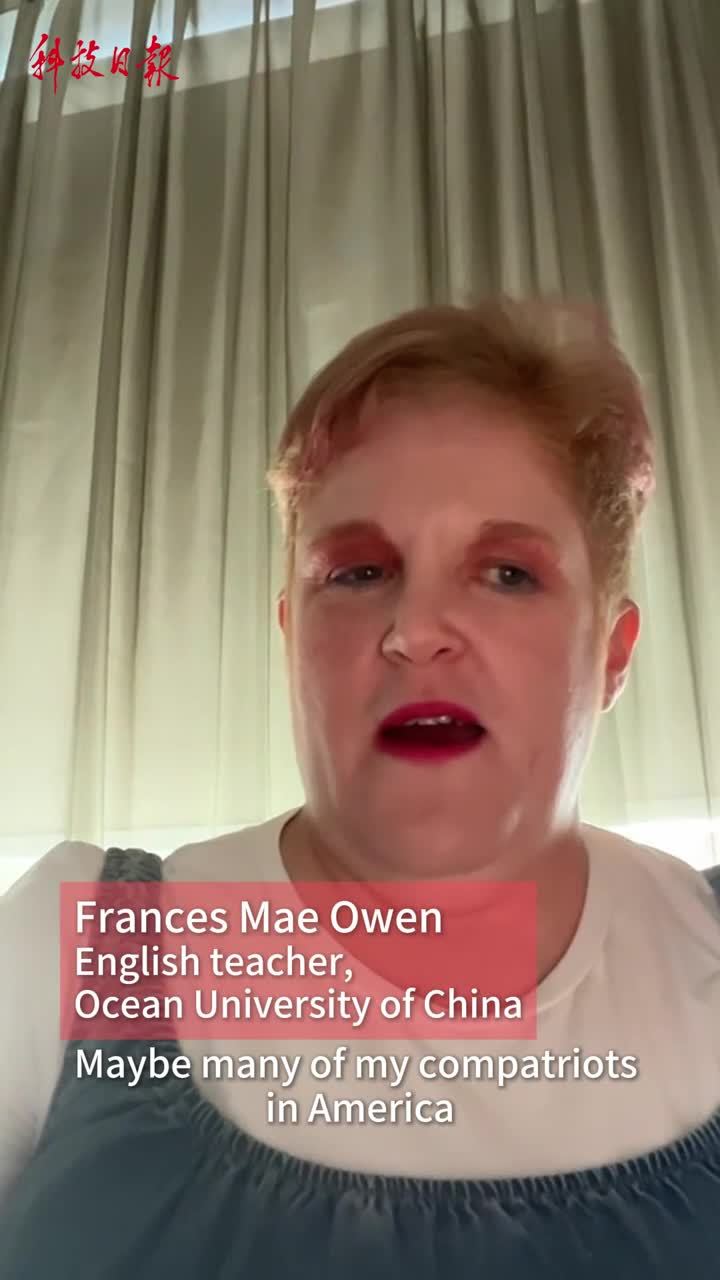Plan for Healthy Whole Grain Diet

Whole grains retain their natural dietary fiber, micronutrients and bioactive substances, while the refining process largely removes them. Increasing the supply and consumption of whole grains not only helps reduce food loss and waste and enhance food security, but also promotes balanced nutrition and improves public health, said Wang Hong, spokesperson for the National Food and Strategic Reserves Administration (NFSRA), at a recent press conference.
By 2035, public awareness of whole grains should improve significantly, the proportion of whole grains in dietary consumption should rise markedly, and consumption levels should align with China's socio-economic development, according to a national whole grain action plan issued by the National Development and Reform Commission, the NFSRA, the Ministry of Science and Technology and other four government departments in last December. The plan covers the period between 2024 and 2035.
What are whole grains?
In simple terms, natural grains comprise the endosperm, germ and bran. Whole grains retain these three components after the inedible husk is removed, maintaining an extraction rate of over 98 percent, explained Tan Bin, chief scientist at the NFSRA Academy.
Research shows that whole grains contain 40-90 percent more B vitamins, such as B1, B2, folic acid and niacin, as well as essential minerals like calcium, iron and zinc, compared to refined grains, Tan said. "These micronutrients play a crucial role in brain functions and maintaining a healthy metabolism."
However, whole grain consumption in China currently accounts for less than one percent of total grain consumption. The action plan aims to address this by 2035, ensuring a wider variety of high-quality whole grain products to meet nutritional needs. A dynamic balance between supply and demand will be achieved, fostering a comprehensive, efficient, and sustainable whole grain development ecosystem.
Overcoming challenges
"Due to the better taste and easier storage of refined grains, Chinese consumers have long preferred white rice and refined flour," Tan said. "We should bridge the gap between the supply and demand for whole grains, changing the current mindset where consumers are reluctant to buy or eat them, and enterprises are hesitant to produce them."
Advancing China's whole grain industry, according to Tan, requires a comprehensive and sustained effort. This effort should include supportive policies such as funding for public education, scientific research, industry guidance, and incentives for local governments to promote whole grain consumption.
Such measures will encourage collaboration across the entire supply chain, integrating agriculture, nutrition, healthcare and wellness, ultimately making whole grains a viable alternative for better public nutrition.
In addition to raising public awareness, further initiatives are necessary, including the development of whole grain standards, innovation in whole grain science and technology, and the enhancement of the whole grain industry, Tan said.







